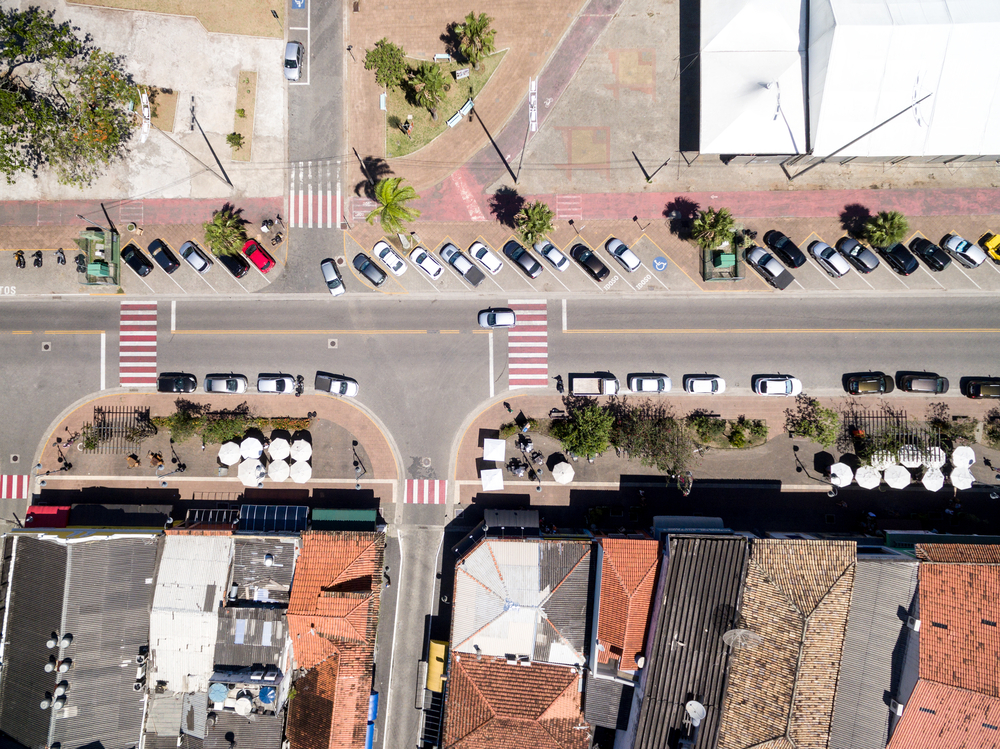
The Ford Motor company and Florida’s Miami-Dade County have teamed up with other companies like AT&T, Dell Technologies and Microsoft on the City of Tomorrow Challenge, opening the area to crowdsourced ideas to improve mobility.
For Miami-Dade, the need is growing. Since 2010, its population has increased by 7.8 percent, and its commuting times are 15 percent worse than the national average. As a result, they wanted to create a community-inclusive way of addressing the congestion. At stake for participants is $100,000 which will fund the top pilot ideas. The partners behind this effort intend to facilitate the sharing of information, collaboration, and testing.
“Miami-Dade has some of the longest commuting times in the United States, so we want to help our residents by making it easier to get the information they need to plan their commutes – and build their confidence in all of the options available to them,” Miami-Dade Mayor Carlos Giménez said. “We have joined the City of Tomorrow Challenge because we believe we can strengthen our approach to new mobility by collaborating on new ideas that address our most pressing transportation problems. Great ideas can come from anyone – no matter if they’re college students, business professionals or commercial drivers.”
Of course, Ford also has a lot at stake in developing this program work as it recently launched its self-driving vehicle business in Miami-Dade County.
The program will run eight months, and in that time residents, businesses and community organizations can share their transportation experiences in the area and discuss how mobility either enables or makes their lives more difficult. The program also includes a prize of up to $100,000 to fund pilots that test the solutions that are shared.
“We know that every city and county is unique, which is why the City of Tomorrow Challenge isn’t a one-size-fits-all approach,” John Kwant, vice president of Ford City Solutions, said. “Miami-Dade understands the need to seek out new ideas to improve the way its residents get around, and our goal is to provide the county with an easy, efficient way to engage people and do just that.”
The application process officially opens on July 9, but the data collection has already begun. September will see semifinalists selected, followed by the selection of the top solutions, for which the assisting funds will be provided.